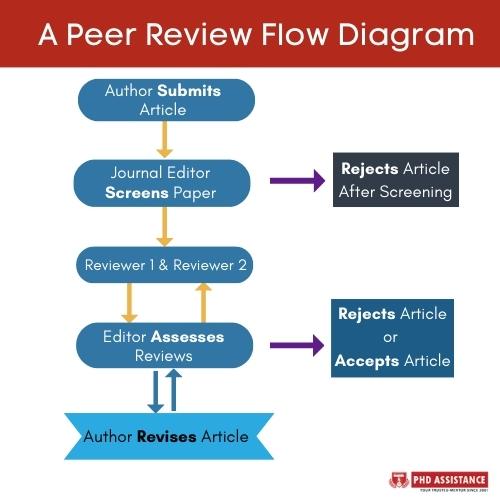Who is a Bad Peer Reviewer?
A biased peer reviewer who lacks expertise in the field or does not follow ethical guidelines can harm the quality of the review process and negatively impact the manuscript being reviewed. Peer reviewers need to maintain objectivity, provide constructive criticism, and adhere to the guidelines provided by the journal or conference.
Introduction
- A bad peer reviewer is someone who does not take their role seriously and fails to provide thoughtful and constructive feedback on the manuscript they are reviewing. They may have biases or conflicts of interest that interfere with their ability to provide an objective evaluation, or they may lack the necessary expertise to evaluate the manuscript peer reviewing thoroughly.
- A bad peer reviewer may also be someone who does not adhere to the ethical standards of peer review, such as maintaining confidentiality and avoiding personal attacks on the authors. They may not meet deadlines or provide feedback that is not relevant to the manuscript being reviewed.

What does a bad peer- review look like?
- One who speaks in an unprofessional or disrespectful manner.
- Many worries are listed in an unorganized stream of thought without indicating the most severe ones.
- One where the Editor can’t tell what you liked or didn’t like about the publication since the remarks are too short.
- One that offers a suggestion but doesn’t support it or one that isn’t supported by the responses. The reasons for your research proposal must be disclosed to the Editor.
- One that insists on making superfluous changes; perhaps adding another seven experiments will enhance the manuscript, but it has no bearing on whether the paper you are currently working on is publishable. Feel free to recommend any extra work you believe will enhance the article, but refrain from insisting on it unless it is necessary for publication.
- One who sets excessive expectations. Consider how the writers will respond to your concerns before making any modifications, and only suggest workable adjustments (Smith 2006).
Conclusion
A poor peer reviewer could undermine the fairness of the process and encourage the publishing of poor findings. High criteria for peer review must be established, and reviewers must be held responsible for upholding those standards. Peer reviewing offers the chance to enhance the calibre of previously published research and, when done effectively, is highly beneficial to the research process. I sincerely hope these suggestions will help make the procedure as quick (and painless!) feasible.
PhD Assistance
PhD Assistance is devoted to offering excellent paper peer review service in accordance with your specifications. We examine the products from your point of view and express how you feel about them while remaining courteous and truthful. Because our specialists have access to all relevant sources and understand the standards for journal papers, it is advantageous to seek their assistance.
References
Smith R. Peer review: a flawed process at the heart of science and journals. J R Soc Med. 2006 Apr;99(4):178-82. doi: 10.1177/014107680609900414. PMID: 16574968; PMCID: PMC1420798.
 Previous Post
Previous Post
